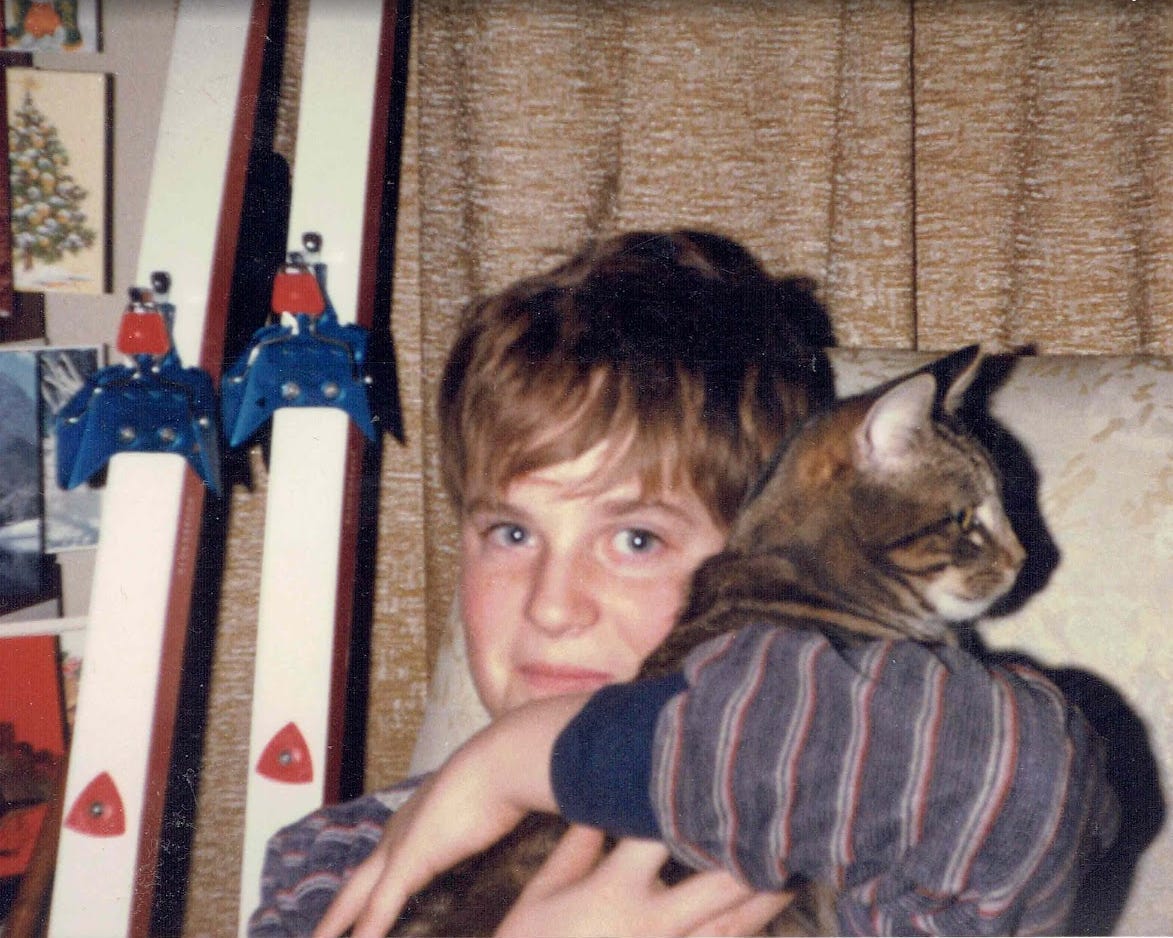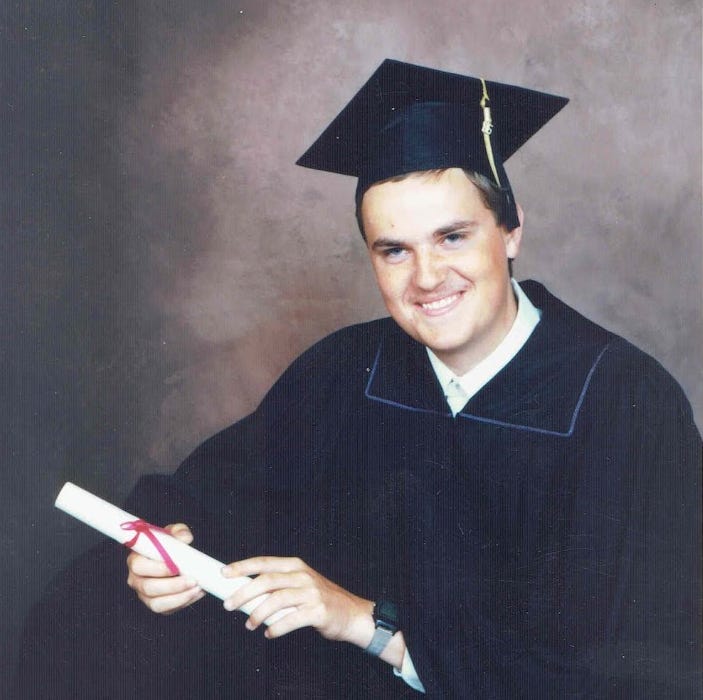Struggles of an undiagnosed Autistic student
Reposting from a comment on Embrace Autism.
I was born in 1968, diagnosed Autistic in 2024, and had only starting to accept the possibility starting in 2018 after I had turned 50.
I’m from a different era, but what has been shared sounds so familiar. I was what seemed to me to be randomly reprimanded, although I do remember understanding the motivations of adults more than other youth. That random reprimanding continued into adulthood, and I have experienced that confusion even with my most recent employer.
That said, I generally feel lucky in how things happened for me, even with the difficulties.
I was passed conditionally through many of my earlier grades, as I confused the teachers. I at times seemed smart, and yet couldn’t do the work the expected way. I received a “most improved student” award in grade 6 because the teacher did things which might be considered accommodations today (like asking me questions one-on-one quietly, rather than forcing me to the board in front of the class), but this was 1980.

It was in Grade 8 that I was first exposed to computers, and began programming. I would spend much of my time reading hardware and software manuals, and even started sketching out my own schematics for building computers.
Apparently that is called a “special interest”, but nobody had heard of Autism where/when I was growing up.
In the 1980’s, Ontario high schools were streamed: Basic, General, Advanced, and some schools had “Enriched” (streaming comes and goes in cycles). With the general confusion about my academics, after Grade 8 the principal (in consultation with my teachers) recommended that I go into Basic. My parents didn’t agree and enrolled me in General.
My Grade 9 math teacher noticed a mismatch quite quickly. An introduction to algebra was what he was teaching, and having been programming for much of the previous year (and through the summer), this was simplistic for me. Eventually the teacher decided to allow me to have a desk off to the side of the room where he allowed me to read computer manuals. As he was going through the lessons he would periodically ask me to take a look at what was being discussed and offer my answer. I would look at what was (to me) a simple problem, give an answer, and return to my books.
I was doing poorly in General English class, but was put directly into Advanced Grade 10 Mathematics. There was no experience with what is now discussed as a “spiky profile”, but at least there were individual teachers who would bend the rules to try to give me the best education within the confines of the system. I was allowed to take “electronics” classes that hadn’t been offered in decades, but were still in the system. I would be in the electronics classroom at the same time as a different class, but off in the lab part repairing whatever electronics the staff would bring in (televisions, VCRs, stereo equipment, etc). I was given credits for tutoring computer science classes and for doing an electronics repair job.
I was even allowed to not take Gym classes at all.
Mathematics came easy to me until University. In University I would run out of time during calculus tests or exams. I couldn’t accurately remember, especially under any pressure, the Differentiation formulas – so I would derive them from first principles. Other students would hate it when there was a derivation on a test, but I was happy because I would at least get some marks for something I would have to do anyway. I would be tutoring fellow students while taking the classes, only for them to get higher marks – I understood how things worked, but couldn’t memorize the formulas. I wasn’t even good at memorizing the names of people, even my closest friends.
I was regularly offered and eventually accepted jobs in computer hardware repair and systems administration. I eventually decided to enter the workforce full time rather than pretending I could get a degree, and dropped out of university entirely by 1994.






this was fantastic. Thanks so much for sharing it. I learned a lot and I really enjoyed the pictures!
Our experiences in Education were very similar, only flip-flopped—my spiky profile was being highly verbal and sucky at math. But they didn’t know what to do with that either. Verbal IQ tested as profoundly gifted, but Performance IQ was average, giving a composite score just below the gifted cutoff. They let me join enrichment classes sometimes but I felt like an imposter. They retested me in 8th grade when I started school refusal due to bullying and I scored just above cutoff that time. Which meant that during high school I could go to gifted room and engage with my special interests when everything got to be too much. My single semester of senior year was mostly independent study classes that I had designed myself. I sense there is some privilege involved in whose needs got accommodated anyway before the diagnostic criteria were changed to include us. I’m glad you also managed to find educators that were willing to individualize your instruction, even when they didn’t have a label! I think we’re the lucky ones in that regard.